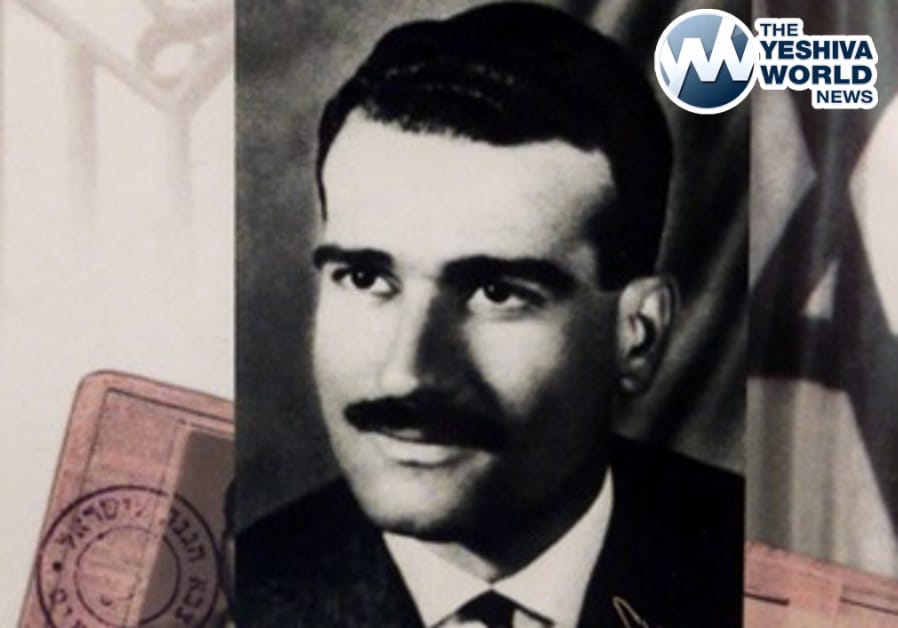Syria’s new government under President Ahmad al-Sharaa is reportedly considering the return of the remains of legendary Israeli spy Eli Cohen — a potential diplomatic gesture that could mark a striking departure from decades of hostile silence between the two countries.
According to Arab diplomats cited by Al-Akhbar, a pro-Hezbollah Lebanese newspaper known for its deep connections in the region, Syrian officials have not ruled out the possibility of transferring Cohen’s remains to Israel, nearly 60 years after he was hanged in a Damascus public square in 1965.
The report, authored by Al-Akhbar editor-in-chief Ibrahim al-Amin, claims that covert security talks between Israel and Syria have intensified in recent weeks, with a particular focus on confidence-building measures. Among those measures, according to the report, is Syria’s potential disclosure of burial sites of Israeli soldiers who went missing during the 1982 Lebanon War — a topic long considered off-limits by successive Syrian regimes.
More notably, the article suggests that these contacts are not occurring in isolation. Recent meetings reportedly held in Abu Dhabi brought together senior representatives of the al-Sharaa regime, U.S. officials, and Israeli intermediaries. The agenda, according to the report, centered around a tentative understanding: Syria would take concrete steps to de-escalate tensions along its border with Israel, in exchange for American economic and humanitarian aid.
The reported overtures come at a critical moment for Syria’s new leadership. President al-Sharaa, a former insurgent leader turned internationally recognized head of state, has spent the first months of his presidency attempting to rehabilitate Syria’s global standing after years of civil war and diplomatic isolation.
Israeli and American officials have not publicly confirmed the Abu Dhabi talks or the details of any proposals made. Still, the potential return of Eli Cohen’s remains — long regarded as a national cause in Israel — would carry enormous symbolic weight.
Cohen, who infiltrated the highest echelons of Syrian government under the alias Kamel Amin Thaabet, was credited with passing critical intelligence to Israel in the lead-up to the 1967 Six-Day War. Captured and executed in 1965, his body has never been returned, despite repeated requests by the Israeli government and multiple diplomatic efforts through third parties.
His widow, Nadia Cohen, has continued to advocate for the return of his remains. “This would be a historic act of reconciliation,” she said in a statement last year, when similar rumors surfaced.
While Al-Akhbar is not a neutral observer — its editorial line often mirrors that of Hezbollah and Iranian-linked factions — its reporting is considered credible within diplomatic circles when it comes to intra-Arab or regional negotiations.
(YWN World Headquarters – NYC)











